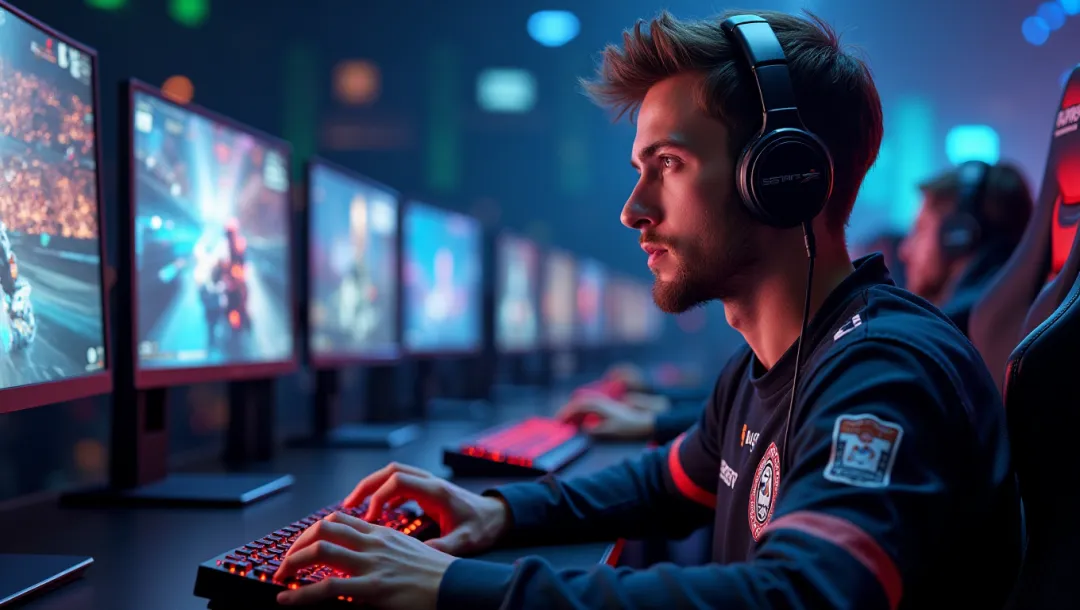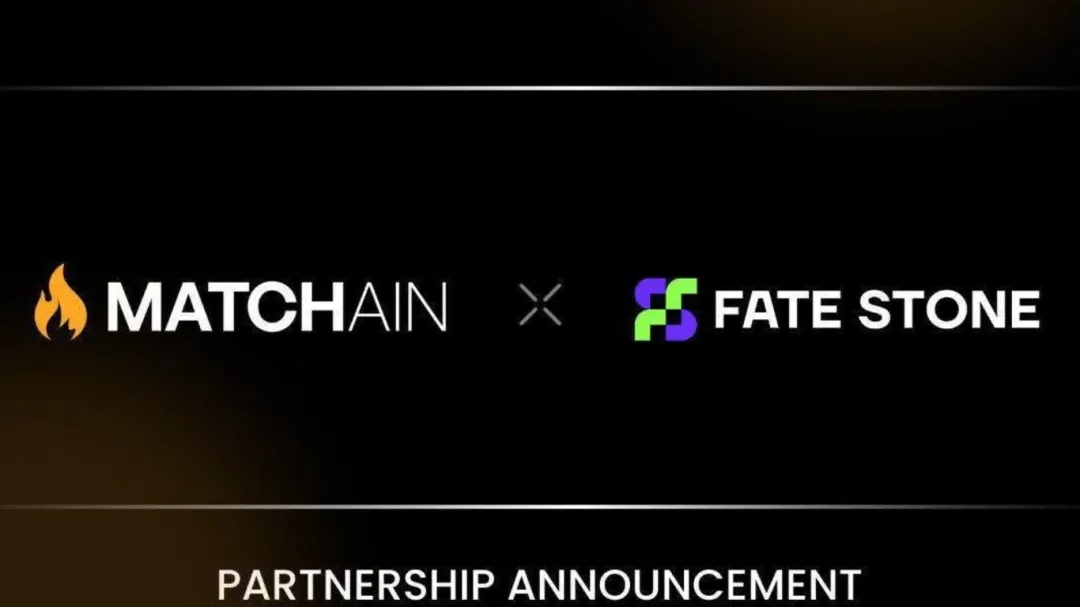How Incentives Transform Competitive Gaming

In New York City, a surge in competitive gaming events has spotlighted the critical role incentives play in shaping player performance and engagement. Unlike traditional notions emphasizing speed and raw skill, modern esports competitions increasingly hinge on diverse incentive structures, from lucrative prize pools to ranking systems that offer lasting recognition.
According to Dr. Elizabeth Moran, a leading expert in media and communication studies at Columbia University, “The evolution of competitive gaming reflects a strategic harnessing of incentives, which motivate players beyond just their technical abilities. Monetary rewards, sponsorship opportunities, and social status within gaming communities have transformed how players train and compete.”
Recent data from the Global Esports Federation reveal that events offering tiered incentives experience higher participant retention and viewer engagement. This indicates that incentives not only drive players to improve but also enhance the esports ecosystem’s sustainability and appeal to global audiences.
Industry stakeholders are therefore prioritizing innovative incentive programs, recognizing that modern gaming success involves a complex interplay between skill, motivation, and external rewards. This paradigm shift is already influencing game design, tournament organization, and player development strategies worldwide.


